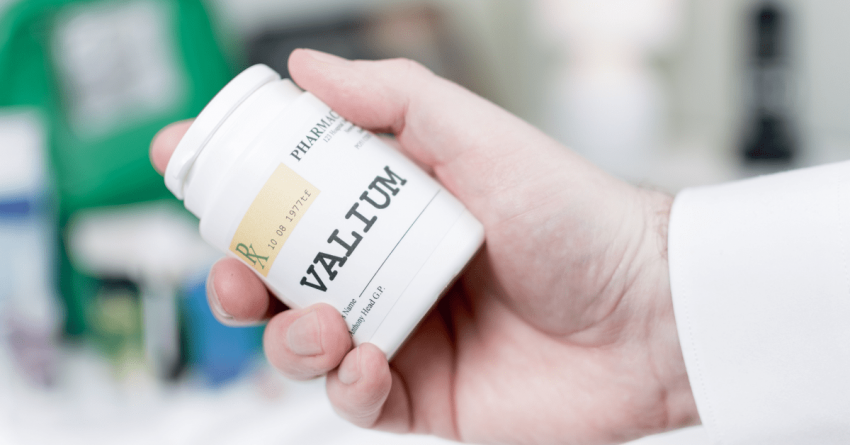
Valium is the brand name for the drug diazepam. It is classified as a sedative and anxiolytic and registered as a controlled substance. Patients can obtain it with a prescription and typically use it to treat anxiety, seizures, and alcohol withdrawal. It can also manage muscle spasms and can sedate patients before surgeries. We are taking a closer look at Valium withdrawals and side effects to keep in mind.
What Does Valium Do?
This drug is famous for its effects on a user’s central nervous system. It is the system responsible for every process our body goes through. Electric signals are used to communicate to the many nerves and receptors in the brain and have an effect on our emotions, control bodily movement, and how we react to external stimuli. Valium is responsible for slowing these signals and results in feelings of calm and relaxation.
Is Valium Addictive?
When used in any manner other than what was directed by your doctor, Valium presents several risks, including addiction. For instance, using the drug over a long period or taking too much of it at one time can lead to several consequences.
Long-term side effects of Valium include:
- Fatigue
- Feelings of anxiety or depression
- Nightmares
- Hallucinations
- Confusion
- Lapse in memory
- Problems sleeping
For many, addiction can arise without even realizing it. If a doctor’s directions are not followed, even taking one extra pill can lead to issues.
Signs of a Valium addiction can look like:
- Obsessing over obtaining Valium
- Hoarding pills
- Stealing or borrowing money, especially regularly
- Struggling with school or work due to Valium use
- Forging prescriptions or visiting multiple doctors
For individuals who may find themselves amid such a dependency, Better Addiction Care offers many rehab programs designed to help them overcome it.
What Are the Side Effects of Valium Withdrawal?
When attempting to stop taking Valium after abusing it, it can result in physical as well as psychological symptoms, including:
- High blood pressure
- Elevated heart rate
- Body tremors
- Decrease in appetite
- Nausea and vomiting
- Dizziness
While these may be uncomfortable, quitting taking Valium too quickly can be far more dangerous. These users are at risk for seizures, which are especially risky to handle on one’s own. It is for this reason that a detox program is recommended. In medical detox, doses can be sequentially tampered with by a medical professional as the body returns to normal.
Resources & Recovery at Better Addiction Care
Our directory is equipped with a variety of inpatient detox programs, which can assist in safely guiding patients through withdrawals in a medically supervised setting. Additionally, rehab is available to aid in overcoming the addiction itself and guiding patients toward the path of recovery. Don’t let Valium withdrawals keep you from getting the help you deserve. We even have resources designed to help patients that may be struggling to maintain sobriety and what they can do to handle a relapse.
Call Better Addiction Care at 800-429-7690, and speak with a specialist today!
Related Readings:
Valium Dependence Explained
4 Dangerous Side Effects of Valium
Ready to Get Help?
Let our team of Addiction Counselors help find the Right Rehab for You!
